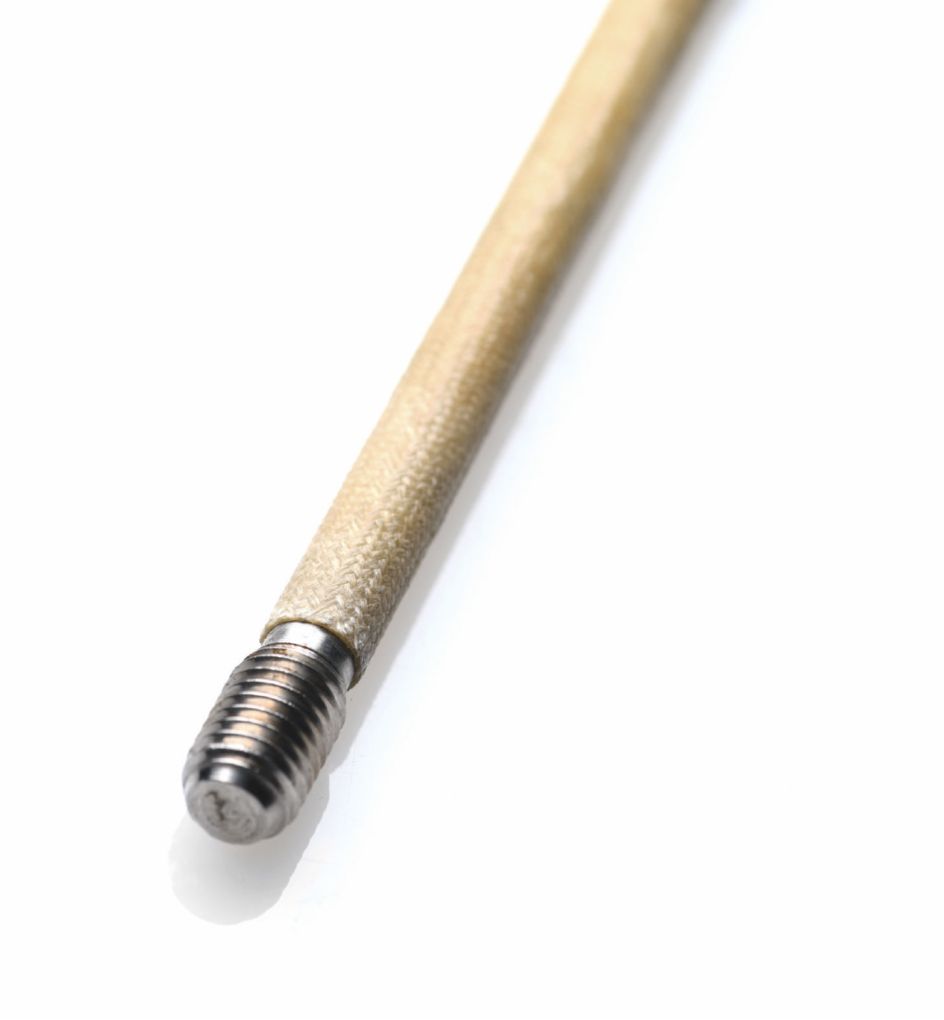ICON
The first overall victory for Porsche at the 24 Hours of Le Mans in 1970 had many architects. One of them was Hans Mezger.

Forty-eight of his creations held the heart of the Porsche 917 together: studs measuring 149.5 millimeters in length, with a shaft diameter of 9 millimeters, and weighing 65 grams. They were able to withstand 580 hp and 510 newton-meters of elemental power and gave the engine the stability it needed to keep running like clockwork at up to 8,400 revolutions per minute.
Their most striking feature was a coating of glass fibers and synthetic resin. During operation, the magnesium and aluminum alloys of the engine block, cylinders, and heads expand significantly more than the steel of conventional studs. When the engine is hot, the washers and nuts at the top of the studs are pressed slightly into the cylinder heads. Alternatively, the lower end gradually destroys the thread in the crankcase. The result is a loss of power, overheating, and failure.
That’s why engine designer Mezger searched for a material that was as tough as steel and had the same expansion properties as the rest of the engine. The solution he hit on was Dilavar. Back then, it was still a new steel alloy—strong yet flexible. Dilavar studs were theoretically able to keep pace with the longitudinal “growth” of the engine, but one particularity of Porsche engine design put a damper on this in practice. The 917’s central cooling-air fan prevented the studs from reaching the right temperature, as they were right beside the cylinders and in the path of the wind. Mezger quickly came up with a solution: “We simply coated them with an insulating layer, which made sure they stayed hot.”
Hans Herrmann and Richard Attwood, in the red-and-white 917, won the race with a lead of five laps—and a legend was born.
Consumption data
718 Boxster models
Fuel consumption combined: 10.9 – 7.9 l/100 km
CO2 emissions combined: 249 – 180 g/km
718 Cayman models
Fuel consumption combined: 10.9 – 7.9 l/100 km
CO2 emissions combined: 249 – 180 g/km
(as of 06/2019)

